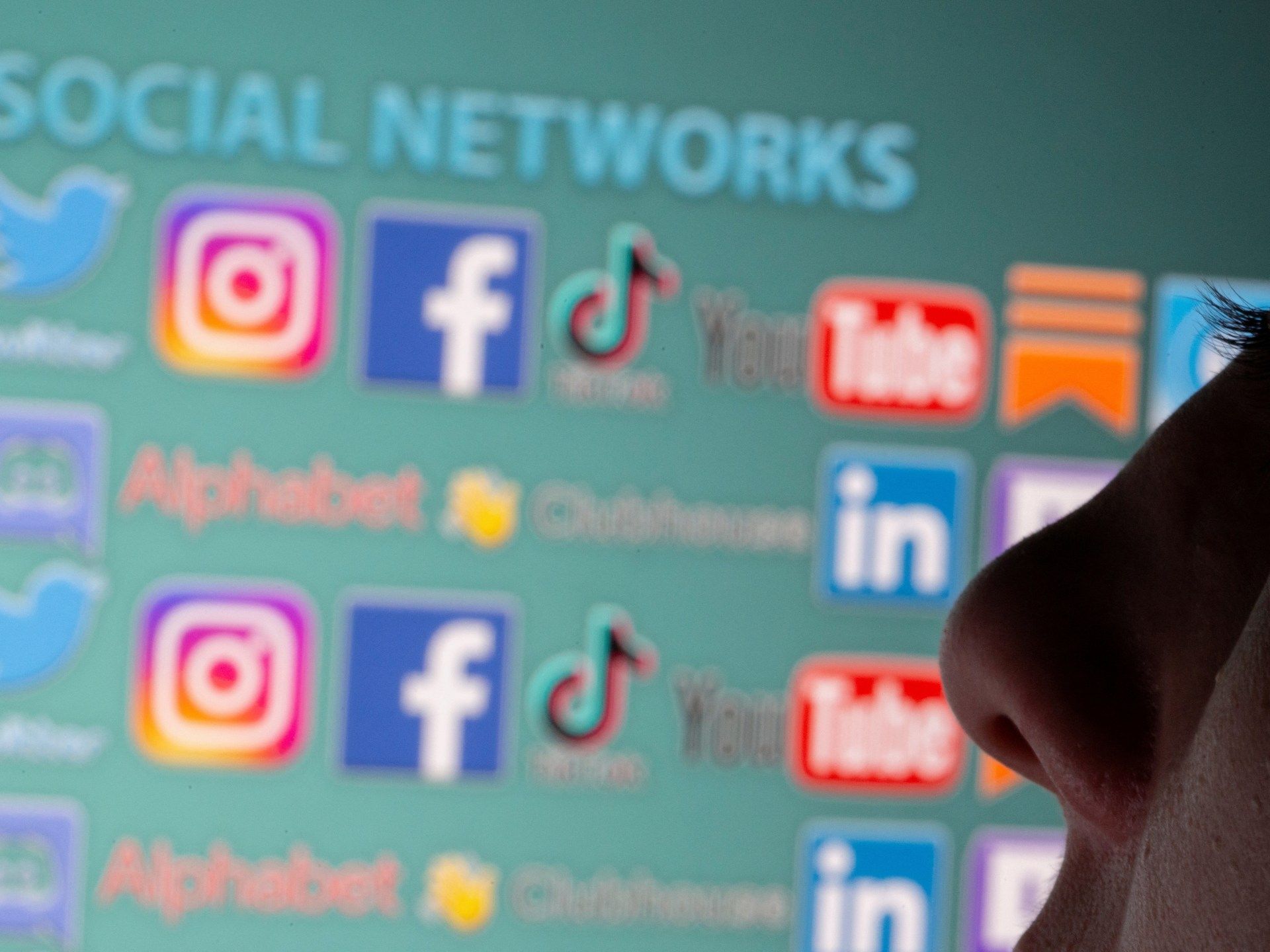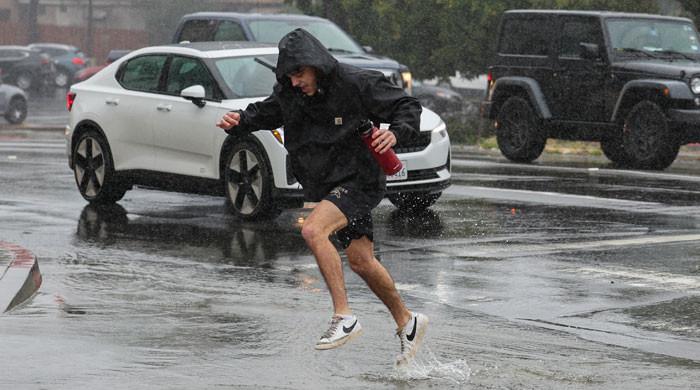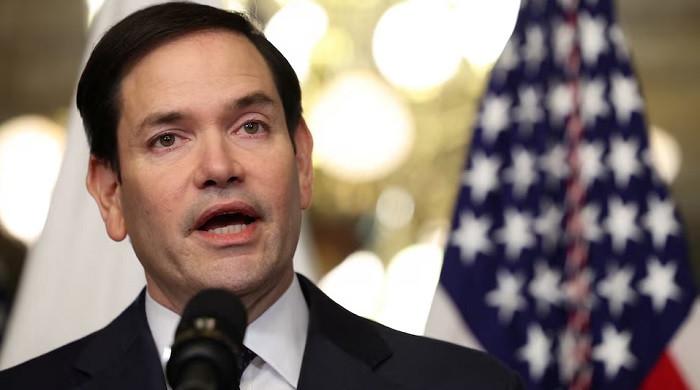The US surgeon general has asked Congress to require social media platforms to carry warning labels about their effects on young people's lives, similar to those now required on cigarette boxes.
In a Monday op-ed in The New York Times, Dr. Vivek Murthy said social media is a contributing factor to the mental health crisis among young people.
“It is time to demand a surgeon general warning label on social media platforms, indicating that social media is associated with significant harm to adolescent mental health. A surgeon general warning label, requiring congressional action, would periodically remind parents and teens that social media has not been proven safe,” Murthy said. “Evidence from tobacco studies shows that warning labels can increase awareness and change behavior.”
Murthy, who acts as the government's chief spokesman on public health and is known as the nation's doctor, said using just a warning label would not make social media safe for young people, but it would be part of the necessary measures.
Social media use is prevalent among young people: Up to 95 percent of 13- to 17-year-olds say they use a social media platform, and more than a third say they use social media “almost constantly,” according to data of 2022 from the Pew Research Center.
“Social networks today are like tobacco decades ago: it is a product whose business model depends on addicted children. And as with cigarettes, the surgeon general's warning label is a critical step in mitigating the threat to children,” Josh Golin, executive director of Fairplay, an organization dedicated to ending marketing aimed at children, said in a statement. children.
Getting the labels to appear on social media platforms would require congressional action, and it's unclear how quickly that could happen, even with apparent bipartisan unity around child safety online. Lawmakers have held multiple congressional hearings on child online safety and legislation is in the works. Still, the last federal law aimed at protecting children online was enacted in 1998, six years before Facebook was founded.
“I hope this will combine with a lot of other work that Congress has been trying to do to improve the security, design and privacy of social media products,” said Dr. Jenny Radesky, a developmental behavioral pediatrician at the University of Michigan and Leader of the American Academy of Pediatrics. “Those two things would have to go hand in hand, because there is a lot Congress can do to follow in the footsteps of the United Kingdom and the European Union in passing laws that take into account what children need when they interact with digital products. .”
Industry rejection
Even with congressional approval, tech companies would likely challenge the warning labels in court.
“Putting a warning label on online speech is not only scientifically incorrect, it goes against the constitutional right to free speech,” said Adam Kovacevich, executive director of the tech industry policy group Chamber of Progress. “It's surprising to see the US surgeon general attack social media when teens themselves say it provides an important outlet for social connection.”
Last year, Murthy warned that there was not enough evidence to show that social media is safe for children and teenagers. He said at the time that policymakers needed to address the harms of social media the same way they regulate things like car seats, baby formula, medications and other products used by children.
To comply with federal regulation, social media companies already prohibit children under 13 from signing up for their platforms, but children have been shown to easily circumvent the bans, both with and without parental consent.
Other measures social platforms have taken to address concerns about children's mental health can also be easily circumvented. For example, TikTok introduced a default time limit of 60 minutes for users under 18 years of age. But once the limit is reached, minors can simply enter a password to continue watching.
Murthy believes the impact of social media on young people should be a more pressing concern.
“Why haven't we responded to the harms of social media when they are no less urgent or widespread than those posed by unsafe cars, airplanes, or food? These damages are not a lack of willpower and parenting; “They are the consequence of unleashing powerful technology without adequate security, transparency or accountability measures,” she wrote.
In January, the CEOs of Meta, TikTok, X and other social media companies testified before the Senate Judiciary Committee as parents fear they are not doing enough to protect young people. The executives touted the existing security tools on their platforms and the work they have done with nonprofit organizations and authorities to protect minors.
Murthy said Monday that Congress needs to implement legislation that protects young people from online harassment, abuse and exploitation and from exposure to extreme violence and sexual content.
“The measures should prevent platforms from collecting sensitive data from children and should restrict the use of features such as push notifications, autoplay, and infinite scrolling, which take advantage of the developing brain and contribute to overuse,” Murthy wrote.
Senators Marsha Blackburn and Richard Blumenthal supported Murthy's message on Monday.
“We are pleased that the Surgeon General, America's top doctor, continues to call attention to the harmful impact social media has on our children,” the senators said in a prepared statement.












